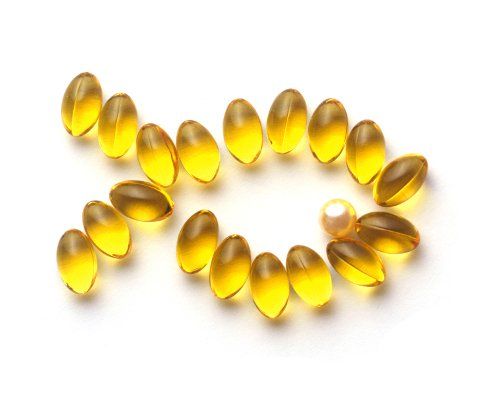Codex Fish Oil Standard Nears Completion. What Does It Mean for Omega-3 Industry?
After six years of discussion, the Codex Alimentarius Commission, part of the FAO/WHO that develops international food standards, is close to finally adding a fish oil standard to the Codex Alimentarius.
Photo © iStockphoto.com/KMNPhoto

After six years of discussion, the Codex Alimentarius Commission, part of the FAO/WHO that develops international food standards, is close to finally adding a fish oil standard to the Codex Alimentarius. In the report of its 25th meeting session, the Codex Committee on Fats and Oils (CCFO) reported that it has finalized a fish oil standard that it will forward to the Codex Alimentarius Commission (CAC) for adoption during the Commission’s meeting in July. According to omega-3 association the Global Organization for EPA and DHA Omega-3s (GOED; Salt Lake City, UT), “there’s no reason to believe the CAC will not follow the recommendation of the CCFO.”
This will be the first-ever Codex Alimentarius standard for fish oil, encompassing standards for a range of fish oil (farmed and wild) as well as krill oil. Codex Alimentarius standards are not mandatory regulation, but some countries adopt Codex standards as their own standards.
GOED notes that “while the fish oil standard will be officially adopted in July, important issues remain outstanding that need to be monitored and/or addressed by CCFO, as well as by other Codex committees.” One concern, GOED says, will be how the standard might impact future trade.
Harry Rice, PhD, GOED’s vice president of regulatory and scientific affairs, points out that another ongoing concern will be that the standard bases its identification of oils on fatty acid profiles, but that fatty acid profiles could change over time. This was one of the major concerns stakeholders worked through as they developed the standard.
“My primary concern about the standard is that the identification of named oils is based on matching a fatty acid profile,” Rice says. “The fatty acids are given in ranges, but it's likely that the ranges will shift over time and then what's in the standard won't correspond to what's being sold. While Codex can adjust the fatty acid ranges, this is a process that takes many years. For example, if the CCFO meets in 2019 and determines that the named oils being sold are falling outside of the fatty acid ranges of the standard, a proposal for new work will need to be submitted for discussion. That proposal won't get submitted until 2021. If accepted, a discussion on changing the fatty acid profiles won't take place until the 2023 meeting."
"In hindsight," he says, "the process was relatively fast for Codex work; however, the sticking point all along has been the lack of acceptance of identifying fish oils based on their fatty acid profiles. In the future, further work may be done on implementing a traceability system.”
Those concerns aside, news that the fish oil standard will finally be adopted was welcomed by those in the omega-3 industry. The hope, in fact, is that for the omega-3 industry, operating under the new standard will be business as usual when it comes to trade. As Rice says, “The agreement to forward the Fish Oil Standard to the Codex Alimentarius Commission (CAC) for adoption at its July meeting is great news, but the industry is not likely to feel any impact. If I'm right, then the standard will have been successful. Let me explain. The reason GOED got involved in the standard-setting process was to make certain that whatever was adopted would not impede trade. That's why I said that a successful standard would translate into not feeling any impact.”
Also read:
Updated: Krill, Menhaden, and Salmon Oils Now Up for Inclusion in Codex Draft Standard
2016 Omega-3 Market Update: Fish Oil, Krill Oil, Astaxanthin, and More
Jennifer Grebow
Editor-in-Chief
Nutritional Outlook magazine
jennifer.grebow@ubm.com
Magnesium L-threonate, Magtein, earns novel food authorization in the European Union
December 19th 2024According to the announcement, the authorization is also exclusive to AIDP and its partner company and licensee, ThreoTech, meaning that they are the only parties that can market magnesium L-threonate in the EU for a period of five years.
Survey finds a lack of enthusiasm about AI technology among food and beverage consumers
December 12th 2024The survey, commissioned by Ingredient Communications and conducted by SurveyGoo, found that 83% of respondent agreed that companies should declare on product labels when a product has been designed or manufactured with the assistance of AI technology.